Table of contents
A staggering 25 million people use Google Docs worldwide (2023). According to data from Statista, 29% of users make use of Google Docs daily and 35% use it two to three times a week (January 2022).
Even though many of us use Docs daily, most people aren’t aware of many time-saving features. As a content creator, making the most of these capabilities has taken my productivity to the next level.
Here are my top tips to boost your efficiency when using Google Docs.
1. Create a new document instantly
Seamlessly create a new doc in a split second by typing docs.new into your address bar. This will automatically generate an untitled document. Once the document is loaded, it will also generate a full URL for your new doc, so you’ll be able to find it again quickly and easily.
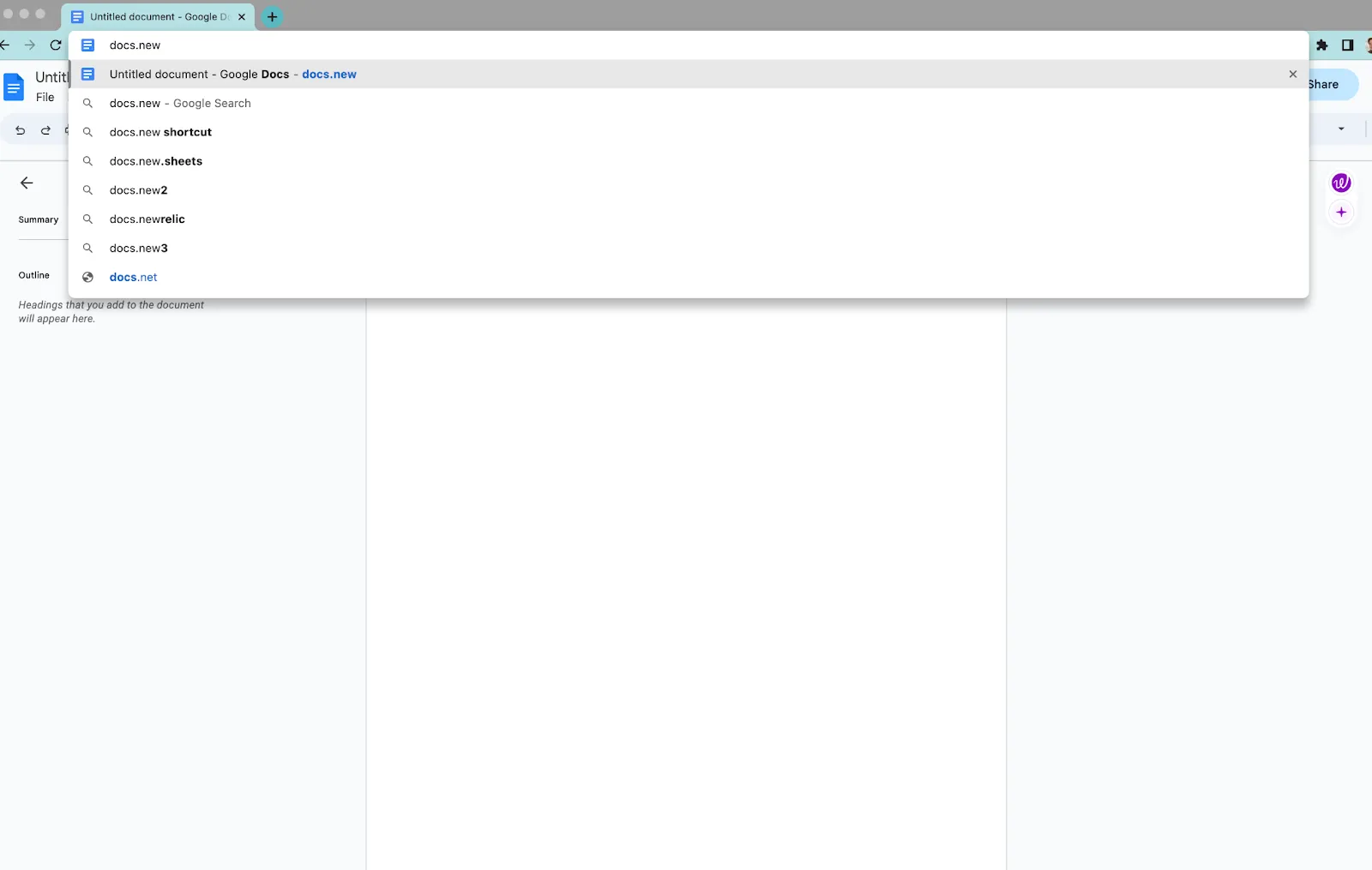
2. Keyboard shortcuts
Keyboard shortcuts are a must when it comes to quickly and easily formatting your text and paragraphs, editing your writing, adding headings, and more.
You can find a full menu of keyboard shortcuts in Google Docs in the Help Center, which is easily accessible from the toolbar in the “Help” dropdown menu.
Some of the most common keyboard shortcuts include:
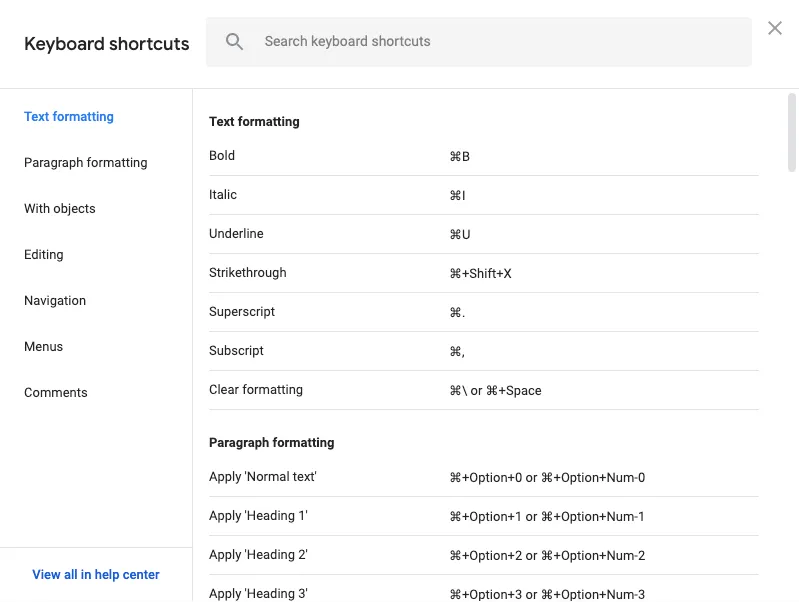
3. Instantly change capitalization
Reformatting can really eat into your productivity. Thankfully, it’s a snap to convert between capitalization cases in the “Format” drop-down menu on Google Docs.
Simply highlight the text you want to change, then go to “Format” in the toolbar. Select “Text,” then “Capitalization.” You’ll be able to switch between lowercase, uppercase, and title case from this menu.

4. Use Google Docs as a generative AI tool
Do you often suffer from writer’s block, struggle with grammar and spelling, or need a helping hand to improve your writing? By downloading the Wordtune browser extension, you can get an AI assistant integrated seamlessly into your Google Docs.
Wordtune’s Spices tool is now available in the browser extension. This option can help you rewrite, continue a sentence if you’re stuck, come up with examples or analogies, and so much more. It’s an incredibly useful tool for anyone — from seasoned writers to students and those who are wanting to improve their writing or language skills.
Once you add the Wordtune extension to Docs, you’ll see the purple Wordtune icon, with the Spices icon just below, hovering in the upper right-hand corner of your document. Click the icon or highlight a section of text, and Wordtune will offer you a list of options to choose from to improve your sentence.
I love using these features to help me keep my writing flow going without interruption when I feel a bit stuck or need some inspiration. Plus, the extension includes all of Wordtune’s regular features for help with rephrasing, grammar, spelling, tone of voice, and more.
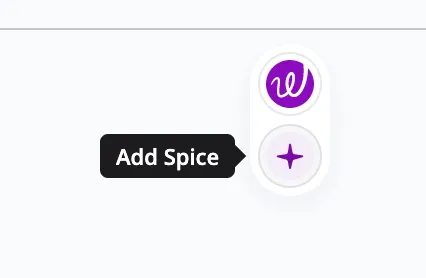
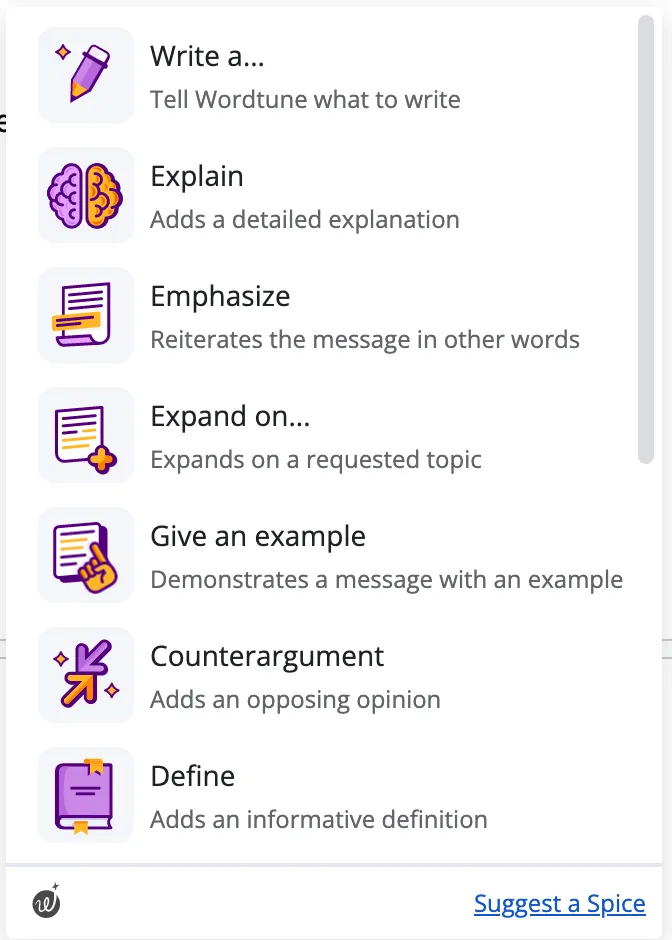

5. Convert PDFs to text (and vice versa)
If you’re uploading a PDF to Google Docs, it’ll automatically convert the PDF into text — simple! You can also download a text file as a pdf through Docs.
If you want to download your Google Doc as a PDF, simply choose from the “File” menu, then go to “Download.” From there, you’ll be given a list of options — select “PDF document (.pdf).” Your download will start automatically.
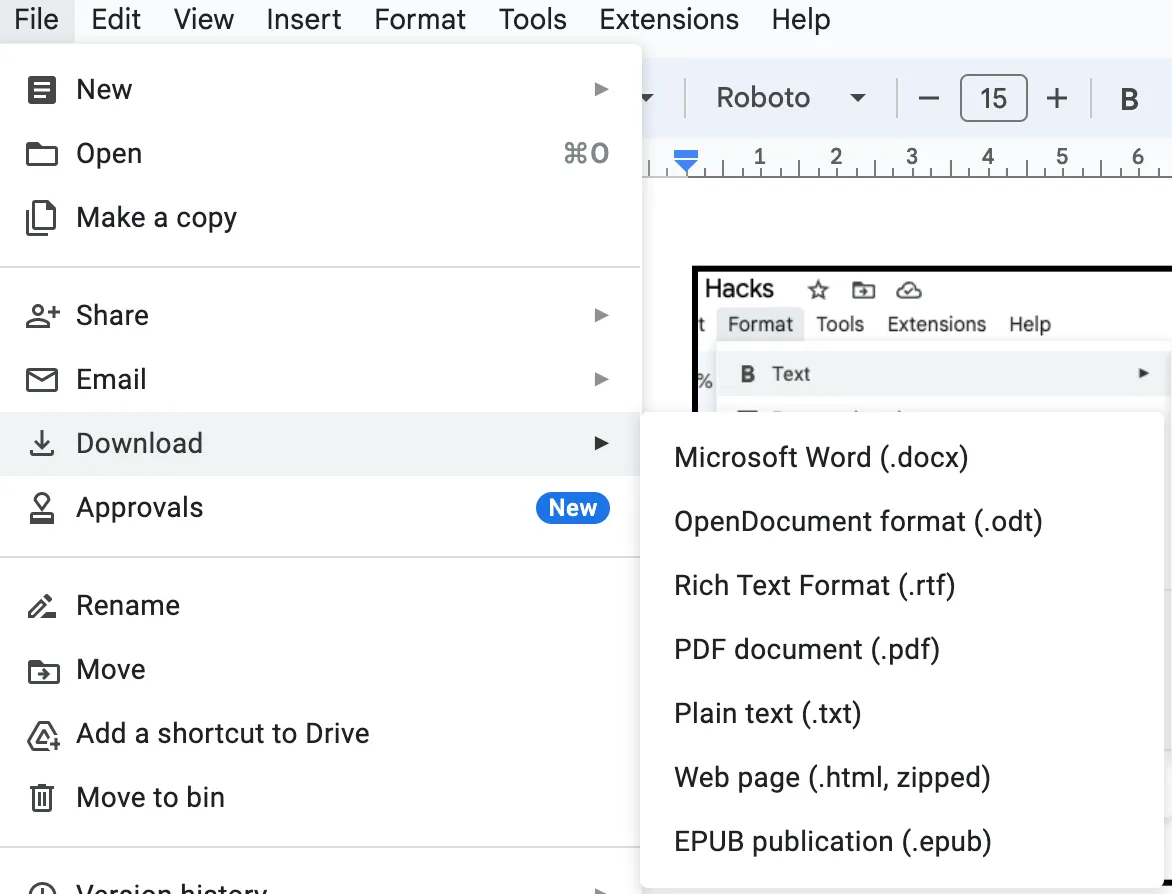
6. Hands-free writing: voice typing
For those with dyslexia, limited or no vision, or learning difficulties — or if you’re simply on the go — Google’s Talk to Type feature is an amazing tool. It allows you to write hands-free by dictating your sentences as Google Docs types for you.
To access, select “Voice Typing” from the “Tools” menu or click “Command + Shift + S.” Start speaking and see Google Docs transform your voice into text! You may need to allow access to your microphone through your computer settings, but this will normally be requested when you first use this tool.
If you want to add commas, periods, or other punctuation, simply say the word “comma,” “period,” etc. You can also delete what you’ve written by saying “delete.” Learn more about Voice Typing features here.
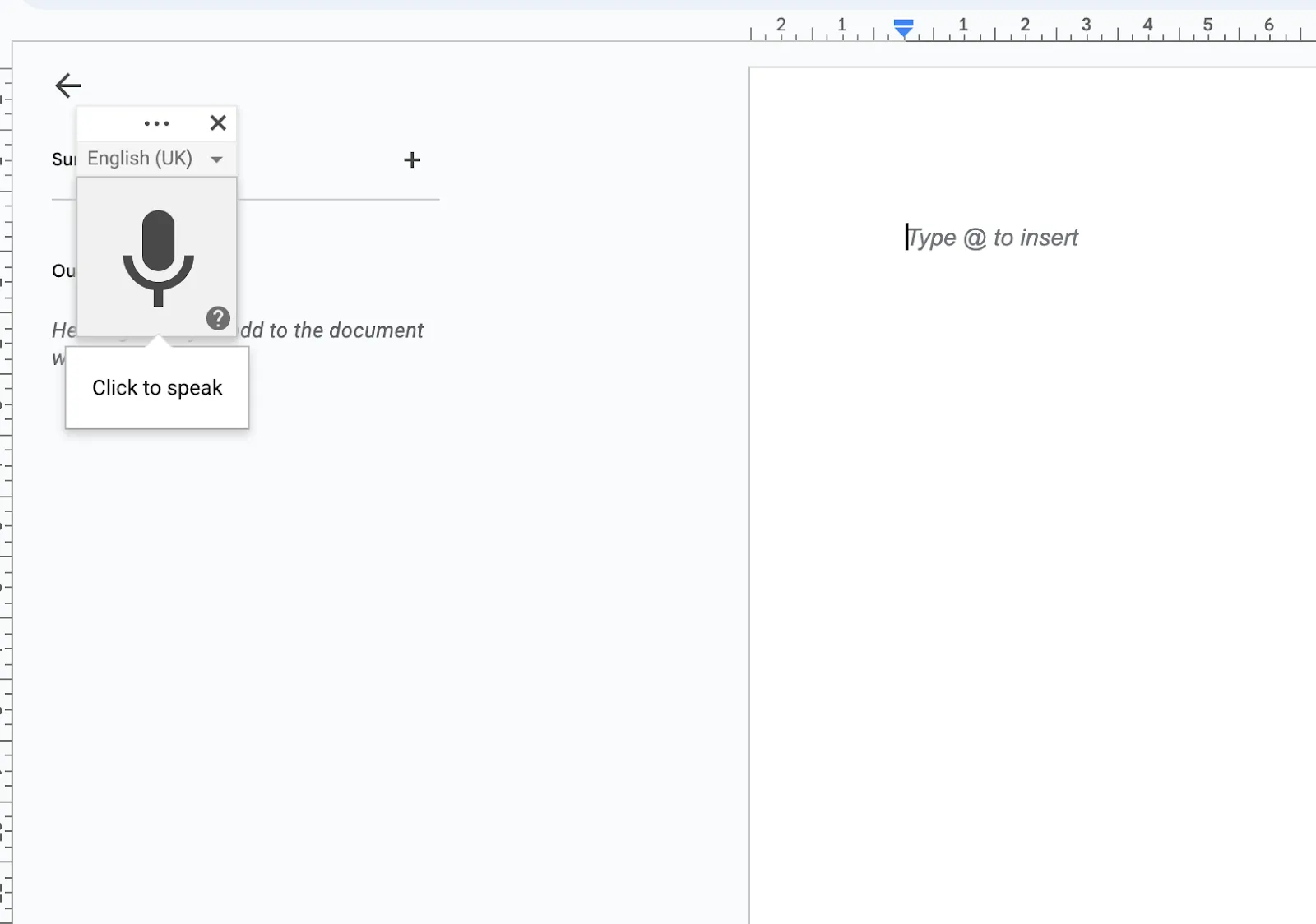
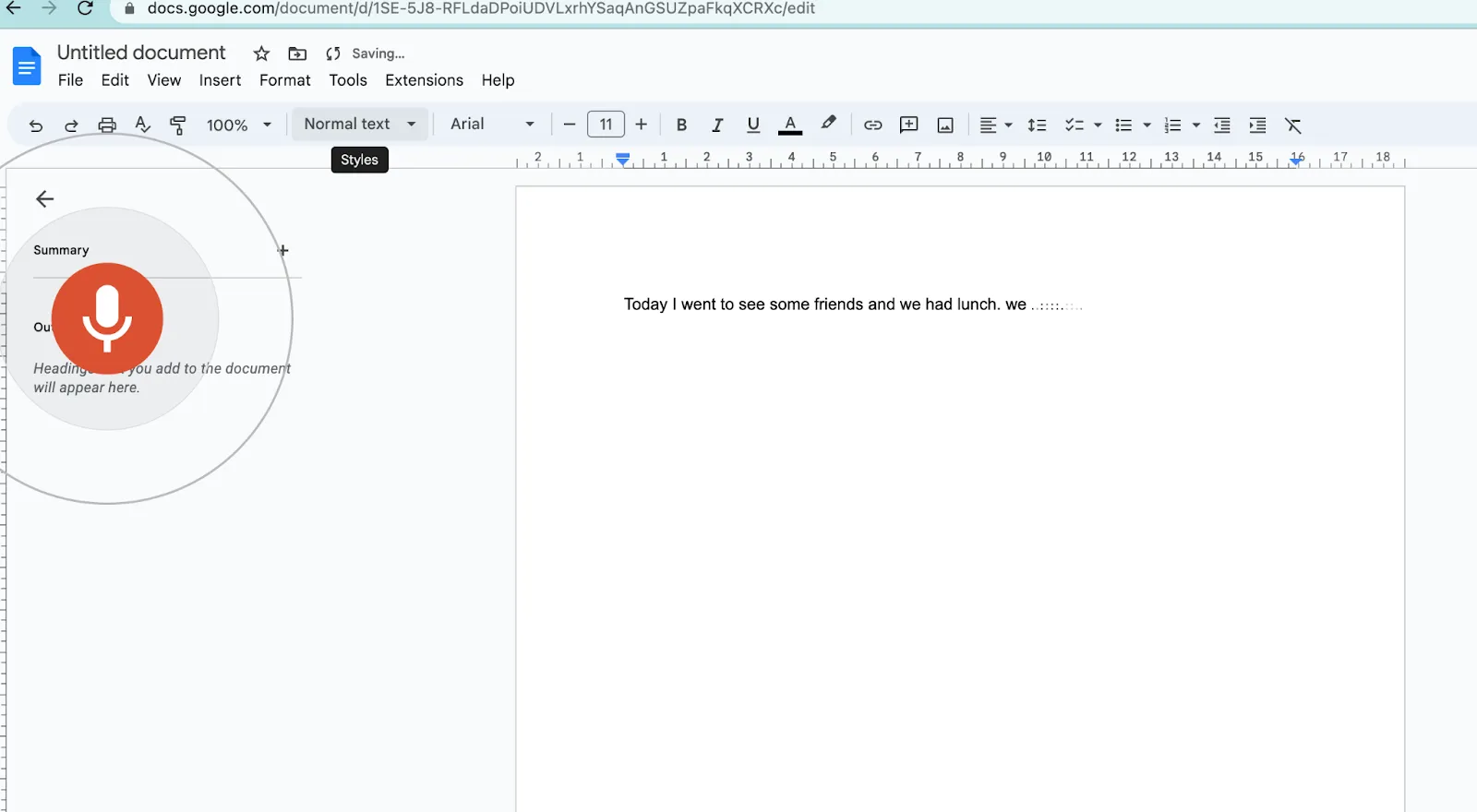
7. Use the outline feature to stay organized
Staring at a huge document can be intimidating! Helpfully, Google Docs’ Outline feature can keep you organized and break your document down into sections.
By the way, if you need help writing your article outline, check out this outline guide.
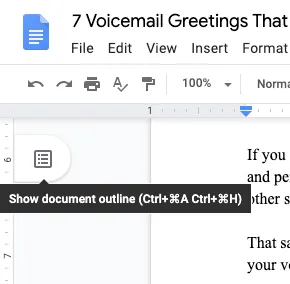
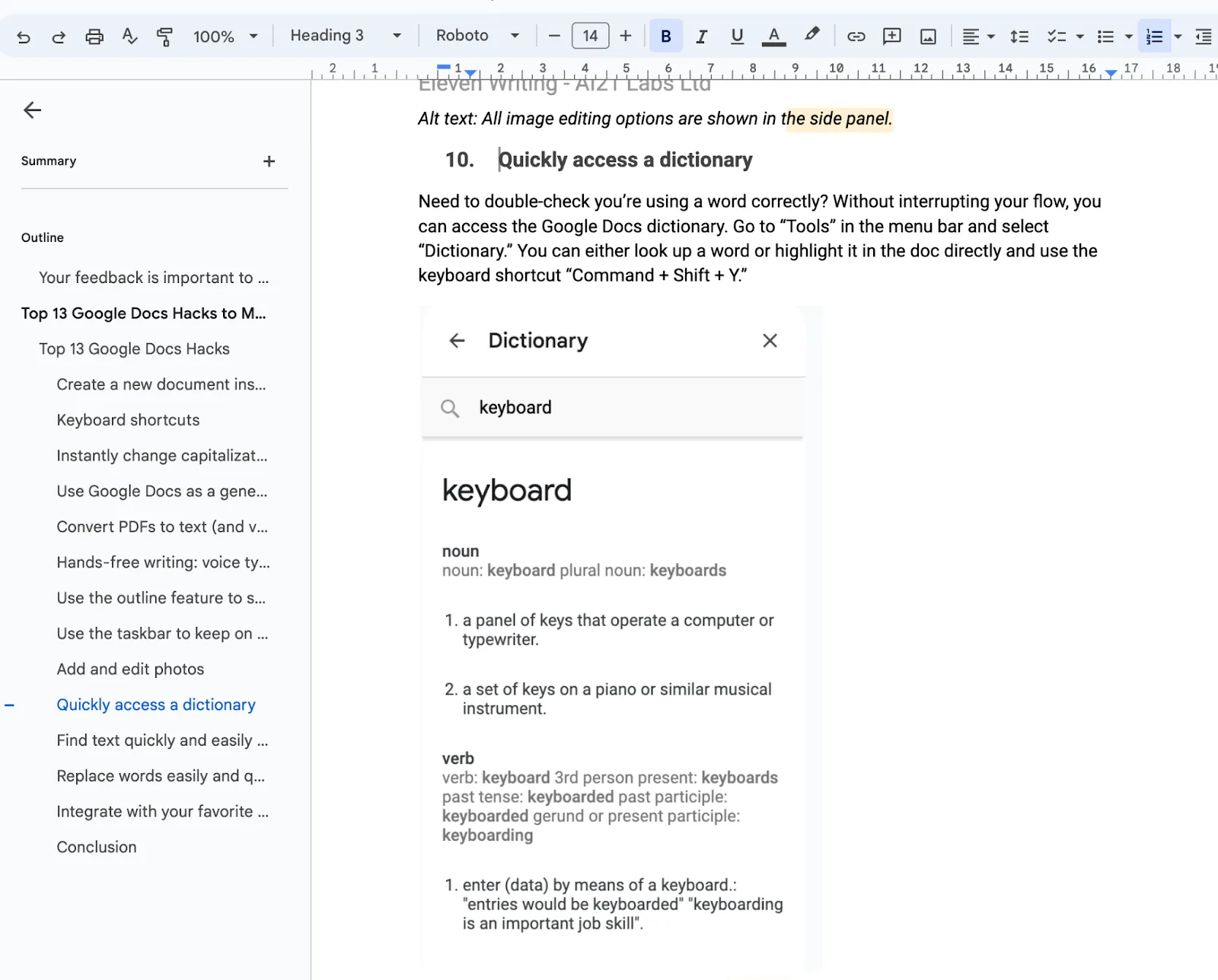
Viewing all your headings in one place is really useful if you’re just starting to draft your document, or if you’re reading a big document and want to jump to a specific section quickly.
Highlight your text and format it as a heading, and it will be automatically added to your outline. You can do this by using the keyboard shortcuts mentioned above (“Command + option + 1: Apply Heading 1” or “Command + option + 2: Apply Heading 2” ). Or, select from the “Styles” drop-down menu in the toolbar to swap between headings.

8. Use the taskbar to keep on track
Have a big document that you’re collaborating on with your team? Need to keep track of who is doing what? Simply type @task into your document to add a new task to the taskbar, which will open automatically as you do so.
You can assign tasks to collaborators or yourself. When you assign a task, you’ll be able to set a deadline and an assignee. Helpfully, Google Docs will send you a reminder email to your connected Gmail account when the task is due.
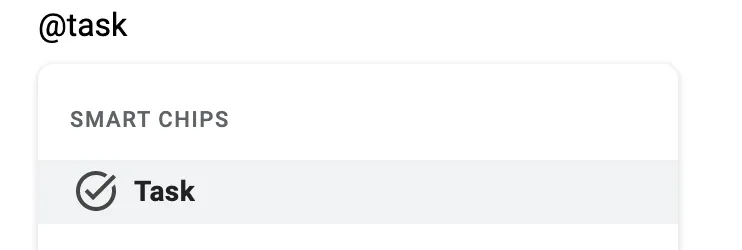
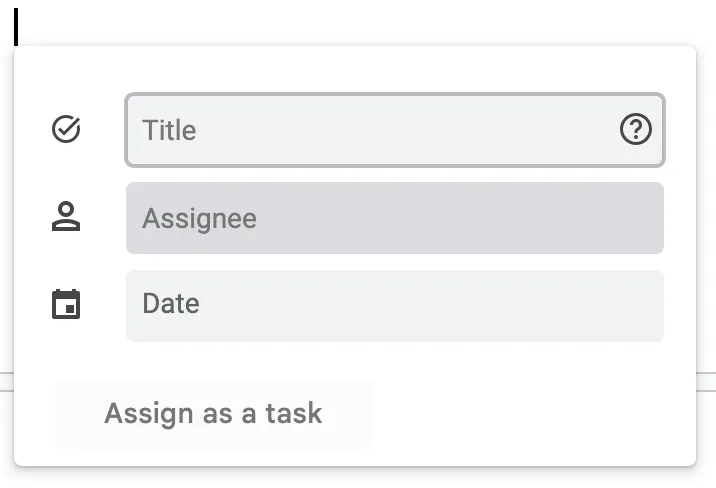
9. Add and edit photos
Easily add and edit photos to your document by selecting “Insert” from the toolbar. You can choose to upload a file from your computer, search the web for an image, or even insert a file directly from your Google Drive or Google Photos. You can also insert images using a URL or the camera on your device.
Alternatively, drag and drop from your computer’s filing system or simply hit “paste” if you’ve copied an image already.
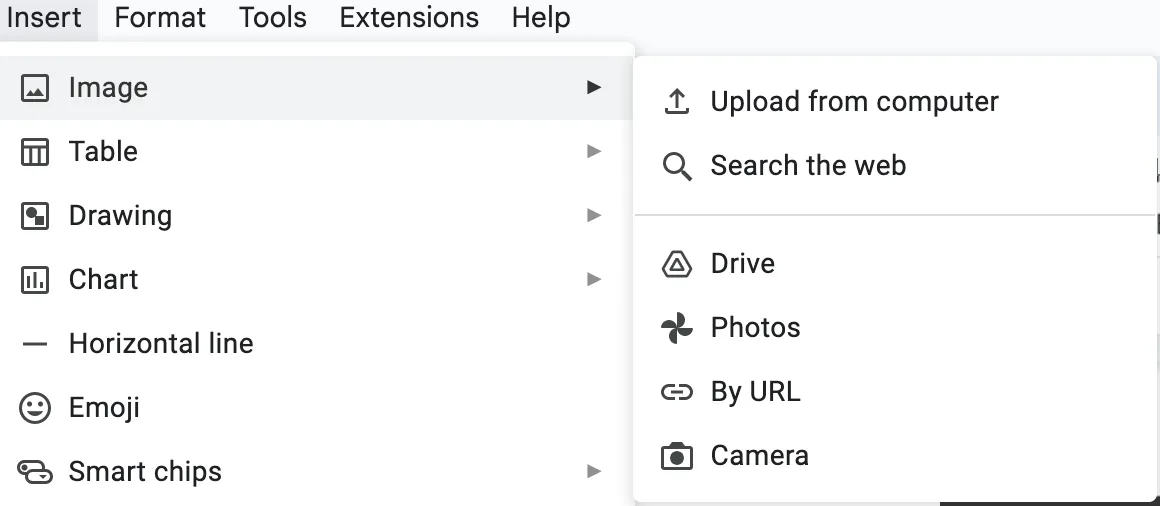
Once the image is inserted, you can edit it further by choosing from the “Image Options” menu. There, you’ll be able to resize, format how the image sits alongside your text, and more.
Access the “Image Options” menu by selecting an image in your document. A sidebar will pop up on the right-hand side of the document. From there, you’ll be given quick-access options for alignment, size and rotation, and other adjustments. If you want to see all of your options in one place, select “All image options.”
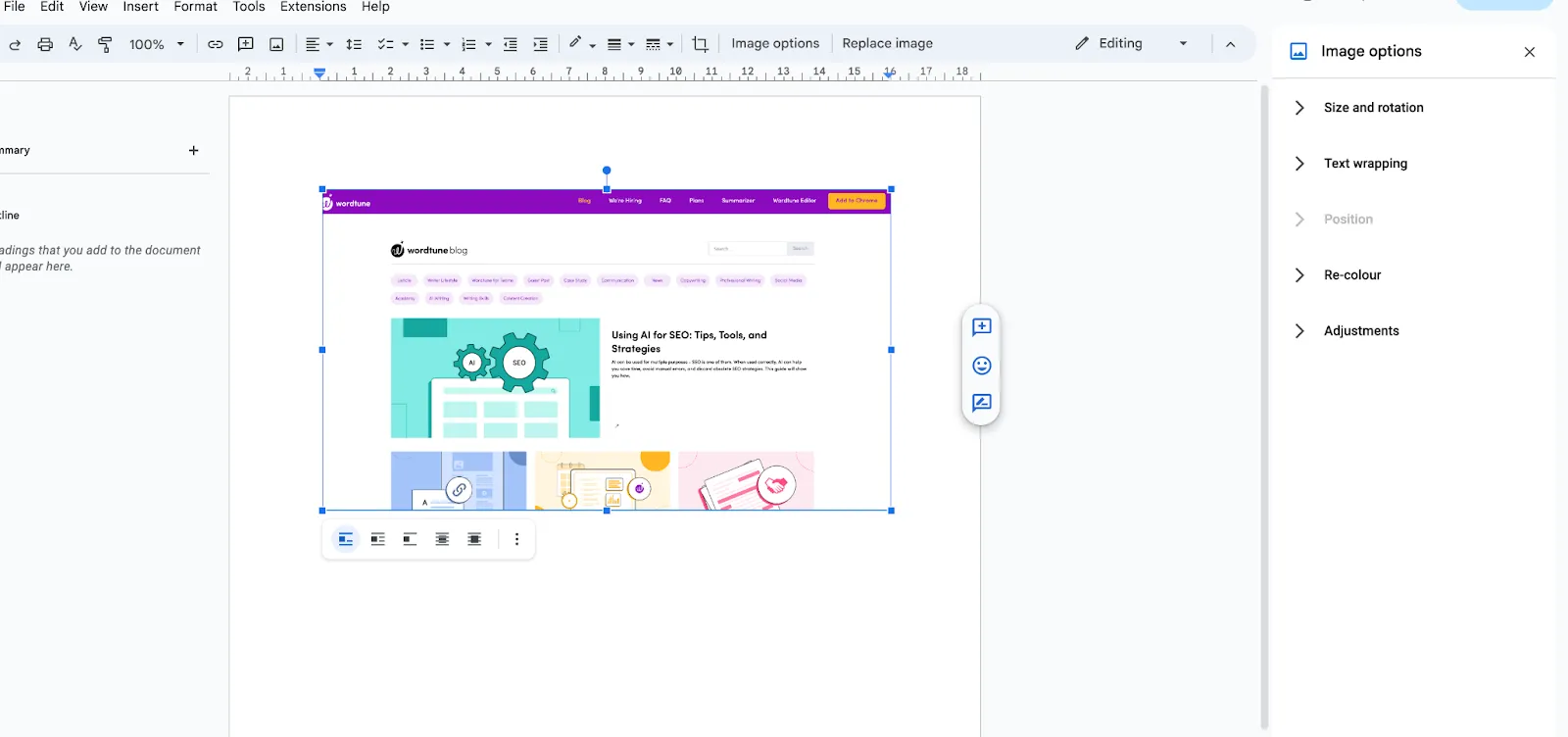
10. Quickly access a dictionary
Need to double-check you’re using a word correctly? Without interrupting your flow, you can access the Google Docs dictionary. Go to “Tools” in the menu bar and select “Dictionary.” You can either look up a word or highlight it in the doc directly and use the keyboard shortcut “Command + Shift + Y.”
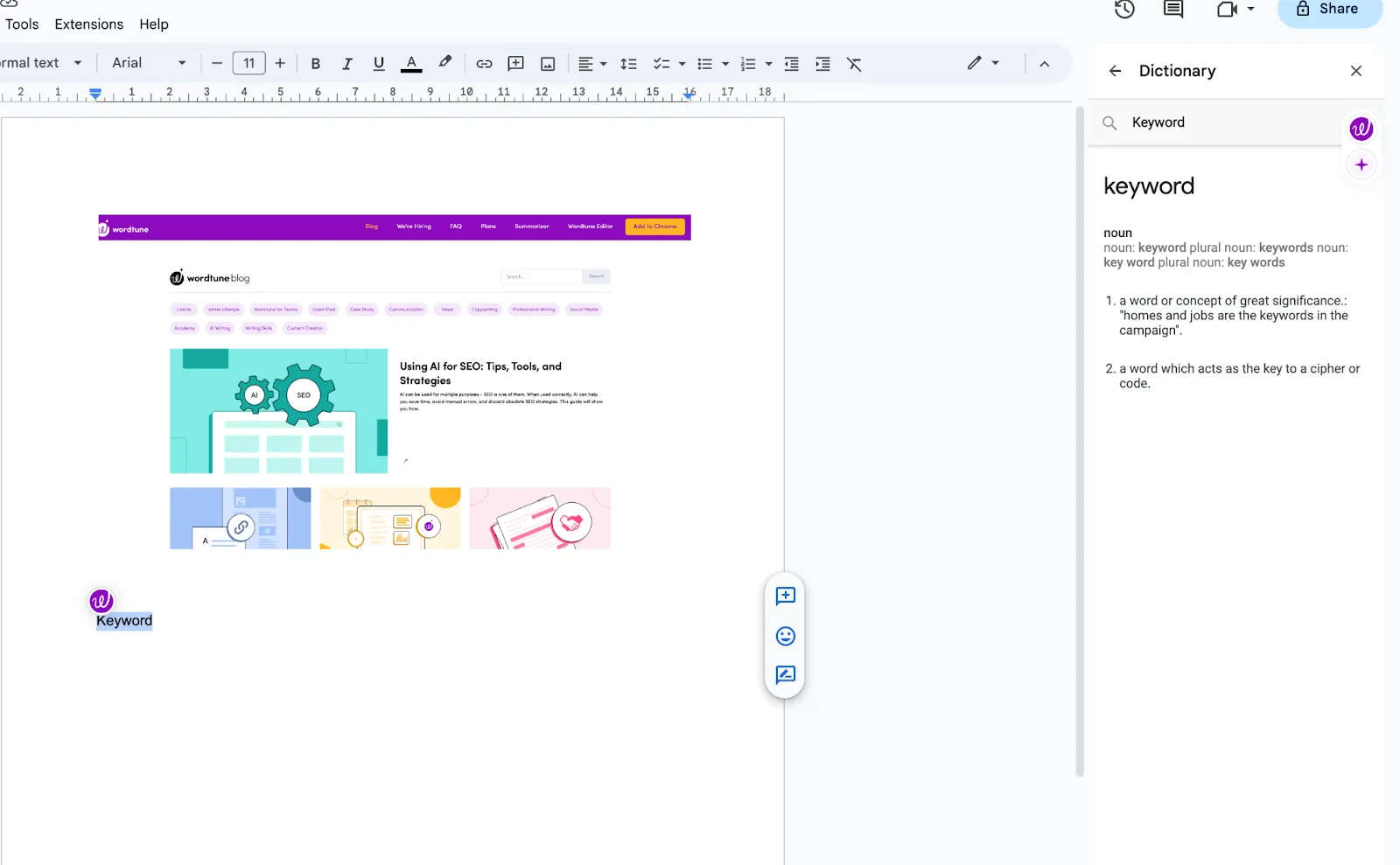
11. Find and replace text within your doc
Search within your document by hitting “Command + F” (for iOS users). A small search bar will pop up in the top right-hand corner. Enter the phrase, word, or keyword you’re searching for.
Results will be highlighted throughout the document, and you can use the arrows to quickly scroll to each result. I love using this when editing articles to ensure that all the keywords are included.
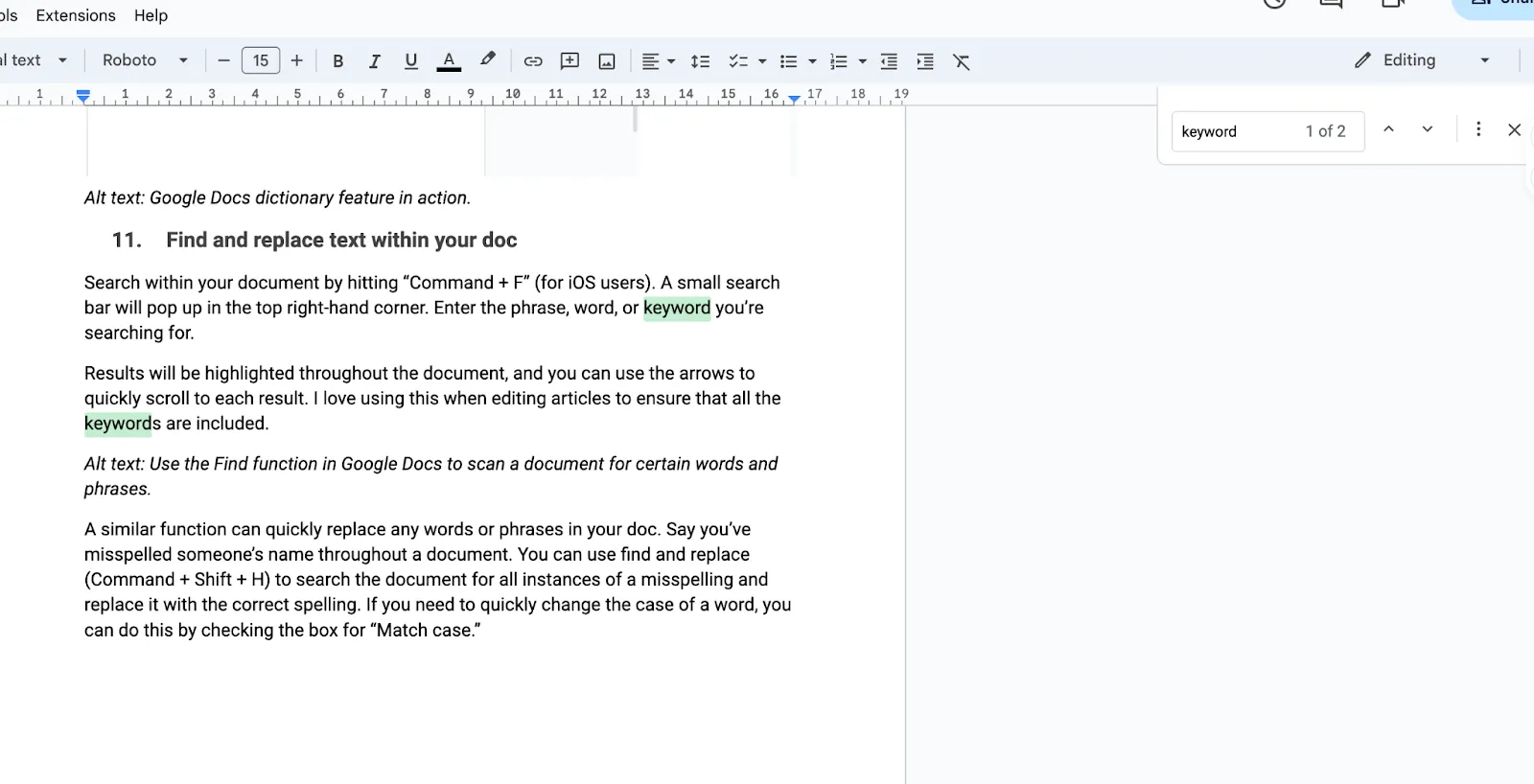
A similar function can quickly replace any words or phrases in your doc. Say you’ve misspelled someone’s name throughout a document. You can use find and replace (Command + Shift + H) to search the document for all instances of a misspelling and replace it with the correct spelling. If you need to quickly change the case of a word, you can do this by checking the box for “Match case.”
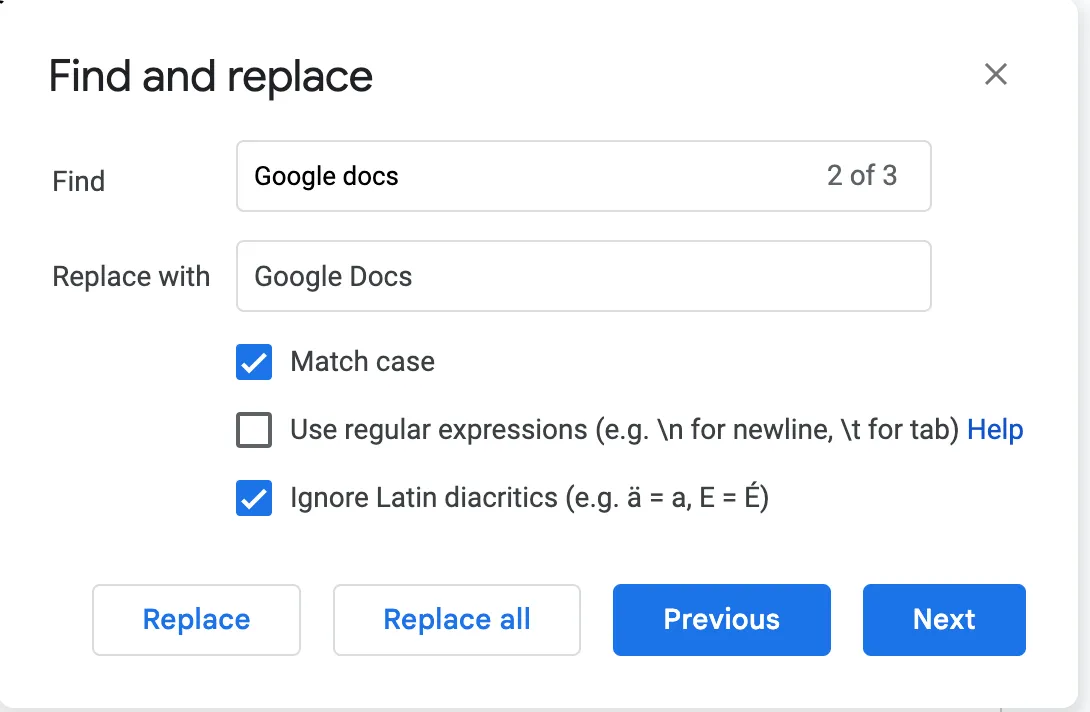
12. Integrate with your favorite apps
Google Docs is the gold standard when it comes to productivity, remote working, and creating collaborative documents. And since the increase in remote working, it’s gotten easier to seamlessly coordinate Docs with your favorite apps like Slack, Asana, Monday.com, publishing platforms, Wordtune, and more.
Integrations will either let you add an extension to your Google Chrome browser (perfect for when you’re working in Google Docs) or include Docs in your preferred workflow apps.
Find your Google Chrome extensions by clicking the puzzle piece in the top right-hand corner of your browser.

When project managing or working with large teams, you can easily add Google Docs to your Slack or Teams channels. This way, they’re readily available for those working on a specific project for ease of reference! Just make sure to update permissions on your docs so anyone who needs them has access.
Conclusion
These twelve Google Docs hacks can help you maximize your productivity and collaborate efficiently with your team. With the Wordtune browser extension, you’ll be able to take your writing in Google Docs to the next level by using Spices to rewrite and break through writer’s block. Plus, seamlessly check your grammar and spelling in real time!

.webp)

%20(1).webp)
.webp)

